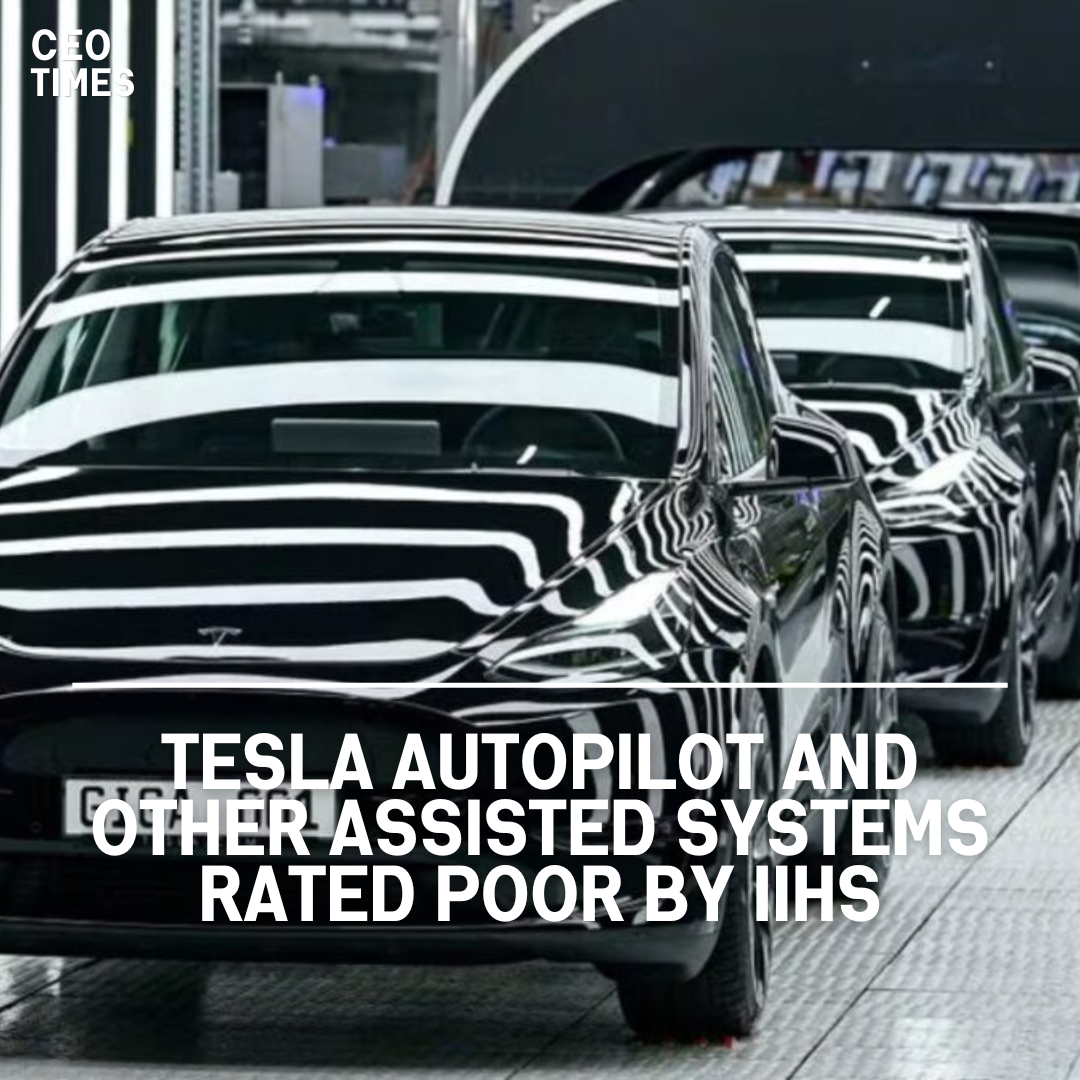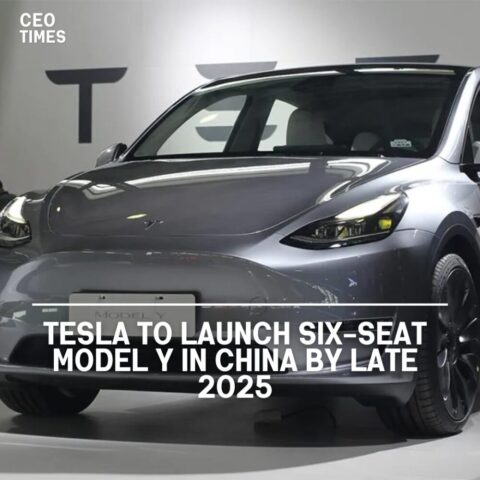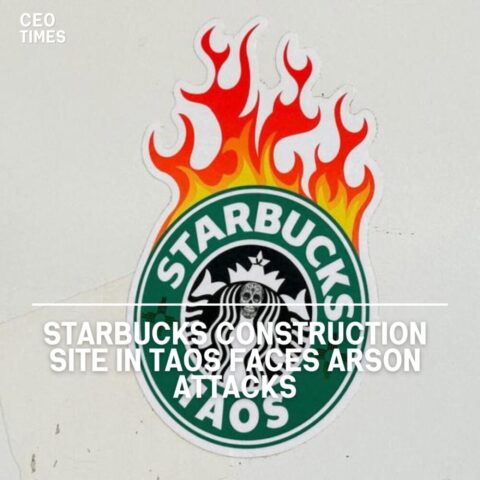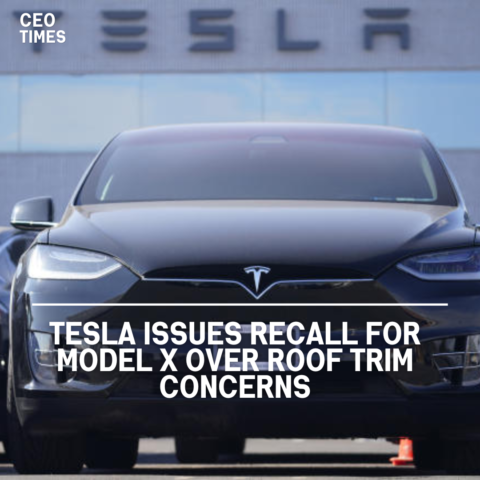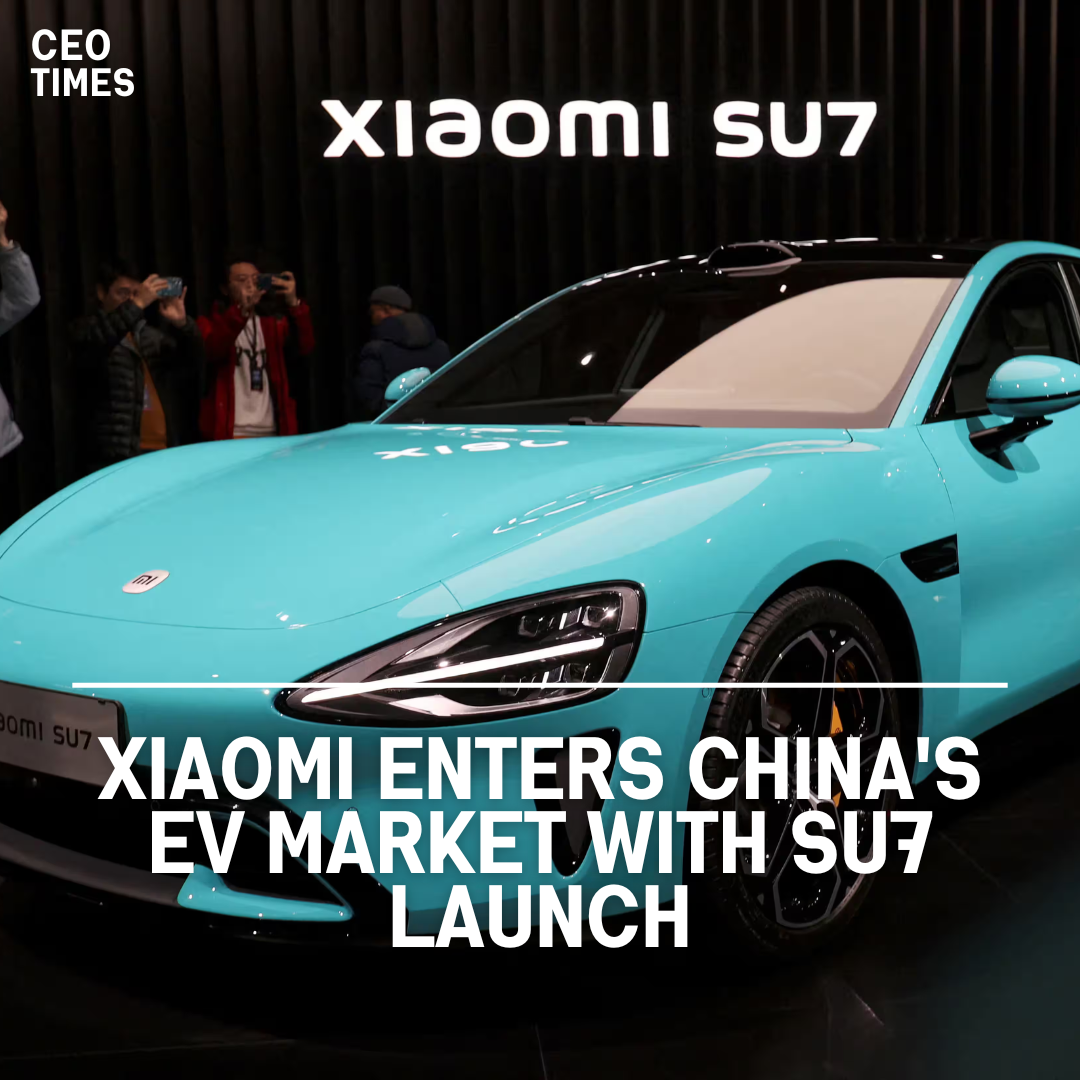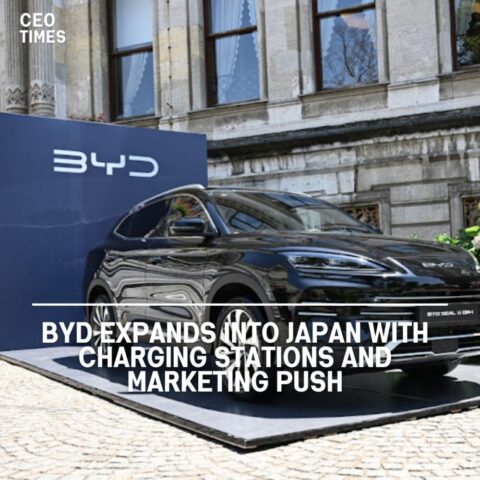A new study released on Tuesday found that Tesla’s Autopilot and Full Self-Driving technology, along with nine other assisted-driving systems marketed by major automakers, have received “poor” ratings from the U.S. Insurance Institute for Highway Safety (IIHS).
Lack of Evidence for Safety Benefits:
The IIHS, a safety research arm of the insurance industry, stated that no evidence suggests that Autopilot or other assisted-driving systems offer real-world safety benefits based on crash data.
IIHS President David Harkey informed Reuters that their analysis of insurance claims data did not reveal any reduction in claims due to the presence of these advanced systems.
Effectiveness of Other Safety Systems:
In contrast, substantial evidence supports the effectiveness of other safety features, such as automatic emergency braking systems, which have been shown to reduce rear-end collisions by 50% and incidents of vehicles hitting pedestrians by 30%.
Tesla’s Claims and Regulatory Scrutiny:
Tesla and its CEO, Elon Musk, have claimed that a Tesla operating with Autopilot engaged is significantly safer than the U.S. average and even safer than a Tesla without the technology-enabled.
However, federal regulators are investigating nearly 1,000 accidents involving Tesla’s Autopilot. A civil case in California, scheduled for trial soon, will further examine Tesla’s responsibility regarding these accidents.
IIHS Ratings and Lack of Federal Regulations:
The IIHS study evaluated 14 assisted-driving systems from nine automakers against standards it developed, as there are no formal federal regulations governing advanced-driver assistance systems (ADAS).
Only one system, Lexus Teammate with Advanced Drive, received an acceptable rating, while others, including Tesla’s, received poor ratings.
Responses from Automakers:
Toyota, the parent company of Lexus, highlighted its commitment to vehicle safety and noted its performance in third-party testing programs.
GM and Nissan’s systems received marginal ratings. Both companies expressed their commitment to safety but emphasizing that their systems are meant to enhance the driving experience rather than solely serve as safety features.
Future Improvements and Safety Measures:
The IIHS suggested automakers could improve safety ratings by implementing technologies such as driver monitoring or attention warnings.
Automakers like Tesla and BMW are continuously enhancing their systems, with Tesla revising its Autopilot software following a federal recall agreement.









